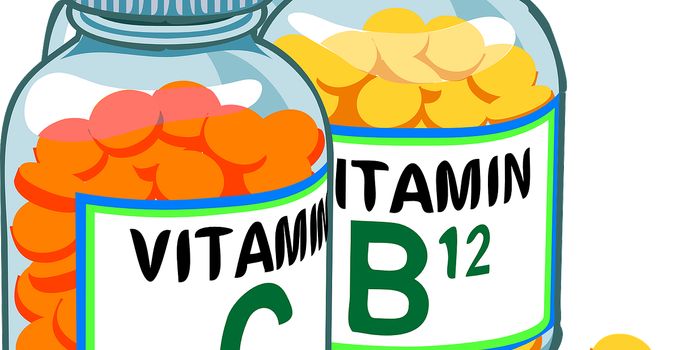Does TruBrain Really Work?
TruBrain is a mix of different substances claimed to help people increase verbal fluency, avoid distractions, and boost their mental output. Created by a team of UCLA neuroscientists, the concoction is fairly popular among business people and students in the US. But does it really work?
Available both as a drink and in tablet form, users have a choice of how to consume TruBrain. Feedback for the products is mixed however; the Amazon rating for its drinkable format currently stands at 3.6 stars out of 5. Although 64% of the reviews rate the product with 4 stars and up, claiming “increased attention and focus”, others have reported either no difference, or side effects ranging from anxiety to panic attacks during the night (Amazon: 2019). So how does it work?
According to the company’s website, Trubrain works in four ways. Firstly, due to its noopept content, it increases blood flow to the brain, which in turn increases cell metabolism, making cells better at creating new connections. Other nootropics active in the substance then modulate the brain’s acetylcholine receptors which leads to more efficient communication between neurons. Meanwhile, neurotransmission is aided by its magnesium and tyrosine contents, with carnitine acting as a food source, allowing neurons to break down glucose and fatty acids for energy (TruBrain: 2019).
Despite this theoretical description explaining how TruBrain should work, evidence that it does, even beyond the mixed reviews, is scarce. Although the company claims to have conducted a Quantitative Electroencephalography (qEEEG) study that demonstrated “increases in visualization, attention, focus, and calm”, as the study only consisted of seven people and had no placebo group, its results may not be conclusive (Neuroskeotic: 2015). Moreover, despite further studies allegedly having been conducted on the compound by third party clinical trials, their results are difficult to come by (Regan: 2014).
In the meantime, the company instead cites studies highlighting the efficacy of the individual compounds of TruBrain. However, although these compounds, including L-Theanine, magnesium and oxiracetam, are suspected to increase certain areas of cognitive function, research purporting these improvements is often not conclusive. This comes as the studies often have small sample sizes, do not have a placebo group and have insignificant results (Highya Research Team: 2014).
Despite this however, it is likely that TruBrain does have some positive effect. Caffeine and L-theanine for example are known to increase feelings of alertness, focus and positive mood- something that may inevitably enable people to concentrate better. Meanwhile, given estimates suggesting that 90% of the population likely has a magnesium deficiency, TruBrain’s inclusion of magnesium glycinate in its ingredients, may indeed benefit users (Nootropedia: 2017).
To conclude, it is difficult to say whether or not TruBrain works. Although it seems to provide benefits for some in improved cognition, for others, it proves either ineffective or even harmful. Although certain elements of it, such as its magnesium and L-theanine contents, may be beneficial, due to the lack of concrete research on the substance beyond its constituents, it is difficult to predict how it will affect each individual.
Sources
Neuroskeptic: Discover Magazine
Highya Research Team: Highya.com
Regan, Michael P. et al: Bloomberg



















































